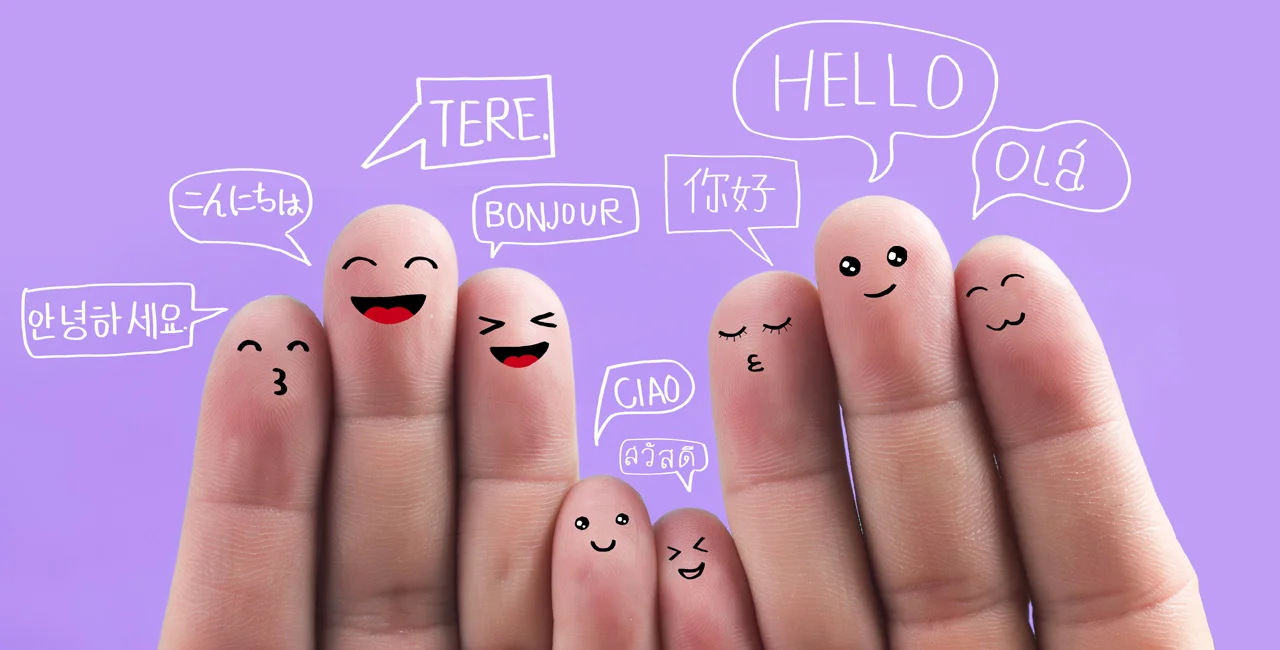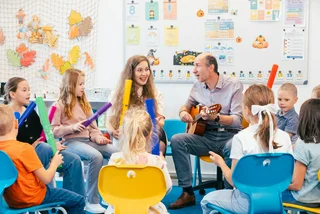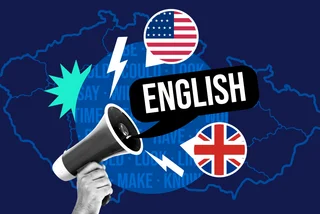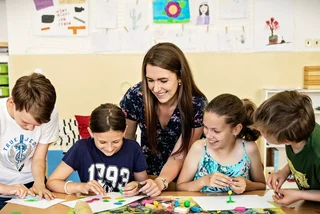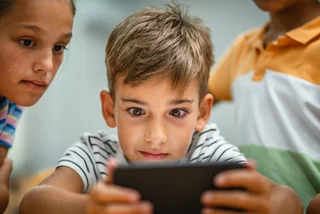The majority of Prague’s international schools offer English-language instruction in a global setting that represents a cross-section of cultures and a variety of home languages -- primarily based on Western styles of learning.
But not all students -- or their parents -- are necessarily equipped to navigate international education, while Czech state schooling can present numerous challenges, and not just linguistic ones when it comes to the integration of foreigners.
The VĚDA school in Prague is a unique learning center that help studens from the mixed-families of business-oriented emigrants achieve academic and professional success in the Czech Republic while striving to preserve their own culture and heritage.
The Vinohrady-based learning center, which first opened a school in Prague for grades 1-9 in 1999, began as an alternative for families having difficulties adapting to Czech schools or who wanted to combine the study of Russian language with subjects like math taught in their native tongue.

“Many children from the Slavic countries are accustomed to stricter, academic approaches that take more of an in-depth approach to academic subjects,” says the school’s founder Alena Valentinovna Pinskaya, PhD.
Dr. Pinskaya often saw foreign students become demotivated in Czech classrooms where despite knowing little Czech they still had high educational goals.
The VĚDA school was established to remedy this common frustration by placing students into the appropriate class for his or her age or skill level, regardless of language abilities. Class sizes are kept to 10 students maximum to optimize the teacher-student ratio.
“Our curricula, the contents of lessons, and the program of university preparation are all designed for teaching students from different countries -- we have the know-how to logically lead non-Czech-speaking children to the study of all disciplines,” says Dr. Pinskaya.
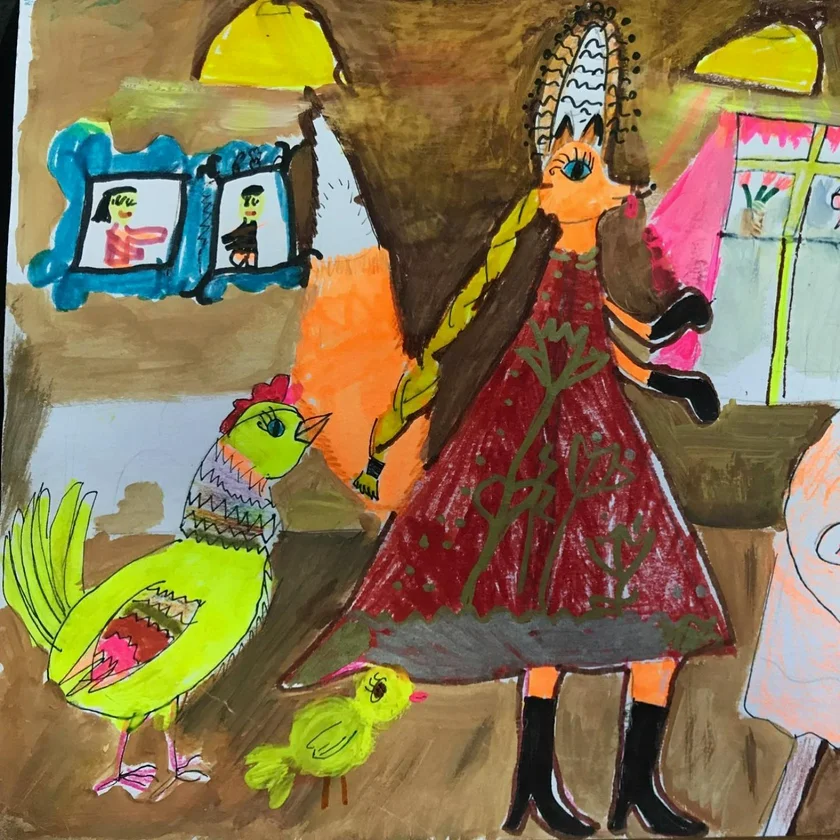
Students from countries outside of the Czech Republic choose the school for a variety of reasons, from improving their Czech language skills to preparing for Czech universities. The VĚDA school’s well-rounded approach is also designed to ease students into European-style education and culture.
Dr. Pinskaya believes a school’s job is not to assimilate a student until he or she completely “dissolves” into the local environment, but to simultaneously help them embrace the new culture and celebrate their homeland -- a concept that is the foundation of the VĚDA philosophy.
To that end, the school’s well-rounded curriculum blends a study of their homeland history, language, and literature with the required Czech education imperatives. Afterschool clubs, electives, and regular events such as mother-tongue festivals, foster a sense of community. Psychological support is available to ease the transition.
It also incorporates a subject that is not a part of the traditional Czech curriculum but remains vital to the academic experience in other cultures: theater.
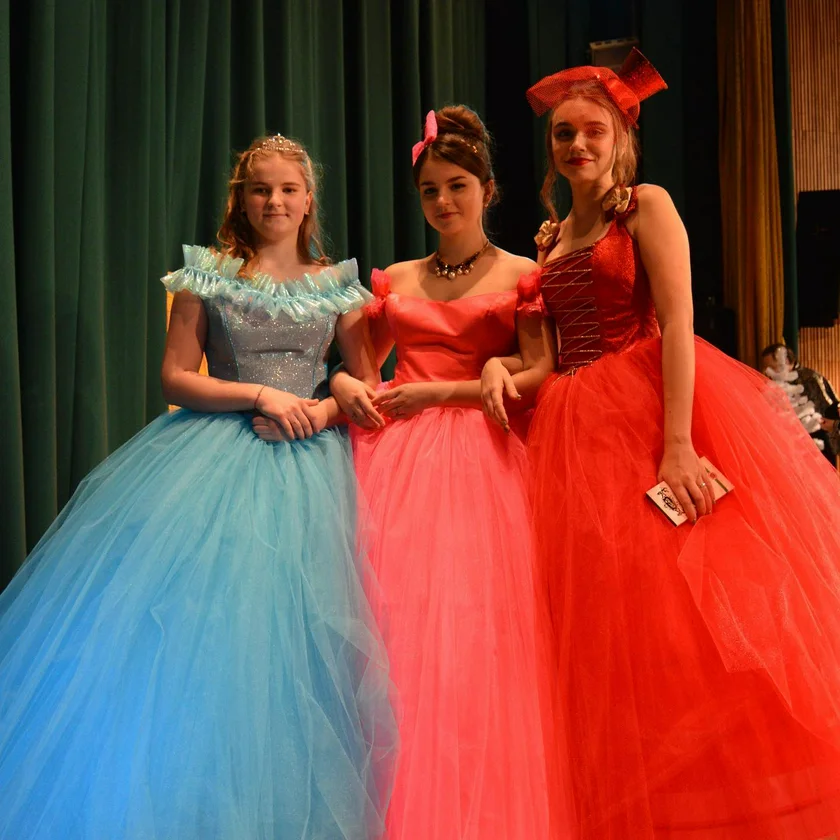
“Theater is important not only for self-expression and overcoming shyness but also for mastering the skills of self-presentation,” says Dr. Pinskaya who believes that theatre gives students important life skills and confidence, while helping with language acquisition.
“We perform plays in both in Czech and in English, not to mention Russian,” says Dr. Pinskaya of the program, which takes place in the schools’s beautifully renovated drama studio which also serves as a multi-function space.
The VĚDA school’s concept has continued to evolve since it’s opening 20 years ago, from an adaptation platform for the transition to Czech school to a learning complex comprising a multitude of programs for all ages and stages of a student’s education journey, from preschool to university preparation.
“Over the years, several departments have been created, starting with kindergartens, a Czech basic school, training courses for universities, a leisure center, and a language school and a Russian Lyceum,” says Dr. Pinskaya.
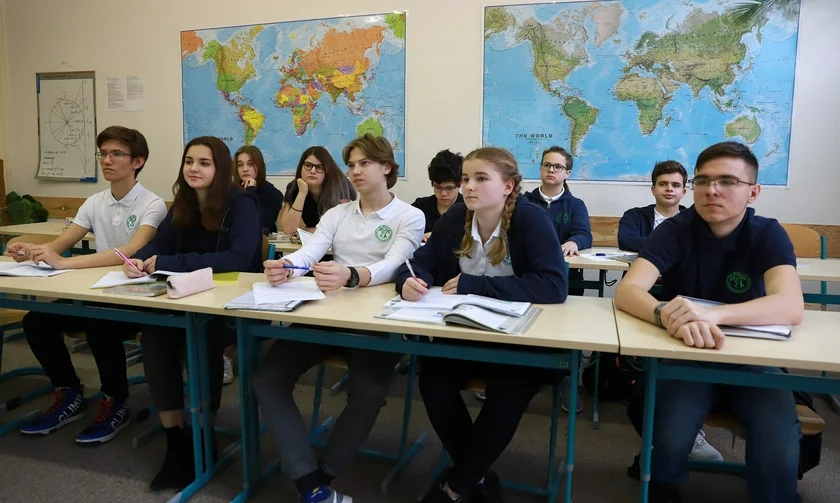
The most in-demand class has been the Saturday school for grades 1-11 which delves into subjects taught in the Russian language. It gives students the opportunity to obtain a Russian high school diploma 2 years earlier than their peers .
The language school option offers Russian, German, English, and Czech for foreigners and prepares students to take state exams or enter Czech universities.
A preschool program helps little ones develop their native language, and get acquainted with Czech, English, to prepare for kindergarten. The VĚDA school also offer a boarding program as well as distance learning.
Dr. Pinskaya credits the skilled teachers who help students strengthen their knowledge in disciplines that are more easily learned in Russian as well as the school's special "brotherhood" that sets students on the path to future success: many pass entrance exams to Czech gymnasium after just one year, setting them up for free access to higher learning in the Czech lands.
"It is an indisputable fact that the cultural environment of our new home is rich and beautiful," she says. "But in our opinion, the mother language is a mentality and it is very important to respect it."
This article was written in cooperation with the VĚDA School. To read more about our partner content policies here.












 Reading time: 4 minutes
Reading time: 4 minutes 